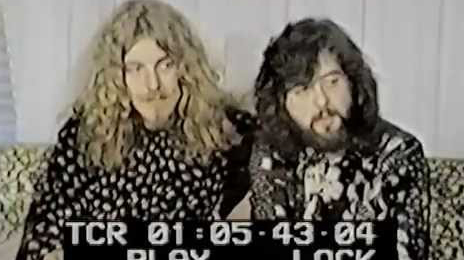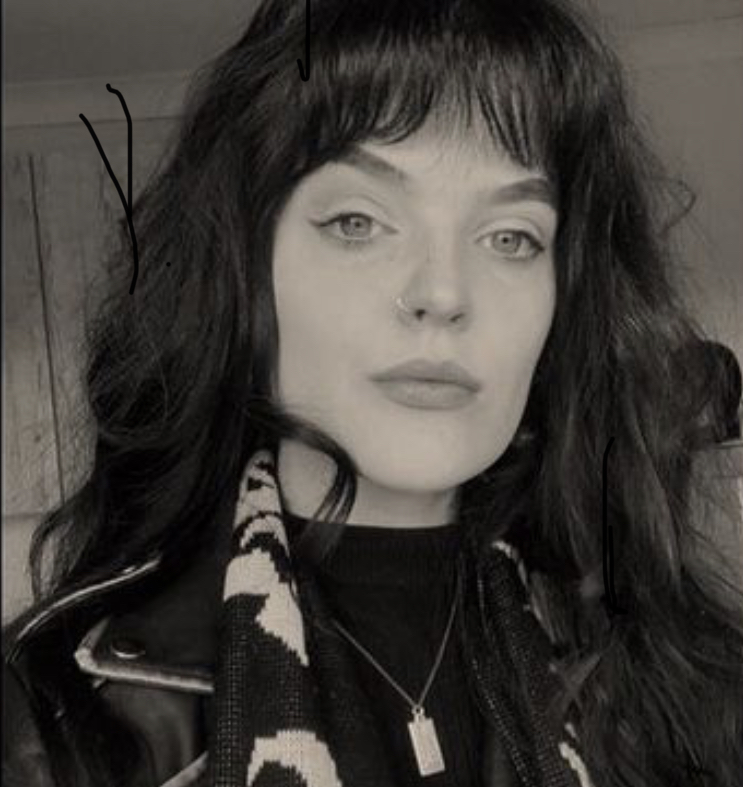The tragic and untimely death of guitar legend Jimi Hendrix on September 18, 1970, swept the rock world into a state of shock. While his tenure in the limelight was short-lived, his monumental impact on music is undeniable, and he continues to reign as one of music's most gifted and influential performers.
On the day after Hendrix's drug-related passing - the guitarist was found unresponsive in a London hotel room having aspirated his own vomit due to an overdose - fellow rock gods Led Zeppelin, touring their second album in America at the time, happened to be hosting a press conference at NBC Studio in New York. The plan had been to promote Zeppelin's evening's headline show at Madison Square Garden, but given the news from London, the media event was now packed full of story-hungry journalists who began hounding the band on what they thought of the connection between rock musicians and their reliance on illicit substances.
After being asked for his thoughts on the musician's death, frontman Robert Plant says in a subdued manner: "Well, I didn’t know anything about it until half an hour ago, and I’m still stumbling around trying to believe that it happened." Guitarist Jimmy Page adds: "It's a tragedy".
Then, when another journalist questions the band on what they have to say about the rumour surrounding Hendrix's death - that it was allegedly caused by an overdose - Plant offers: "That's what makes it hard to comprehend, that the whole thing happened...It's just such a shock when a statement is made like that, especially at 10:30 in the morning".
The same interviewer then queries Zeppelin on whether they think their own music advocates for the use of drugs, the vocalist plainly answers, "No, not at all".
Another journalist asks the pair to share their opinions on the media’s vilification of drugs, and how journalists can often sensationalise the premature deaths of rock musicians such as Hendrix.
In response, Plant says: "That’s been put in people’s minds from media that get through to a lot of people through press, and television, and things like that. As soon as one person on the rock scene makes an example out of himself, I think the usual thing from everybody is to attach that to everybody else in the business. Therefore, the whole thing becomes quite warped".
Emphasising the point, Page offers: “I’d like to say, what about Judy Garland or Edith Piaf? Or people like that, who are supposed to appeal to the older generation? I’m sure there’s some tie-up there with drugs, isn’t there?”.
After being asked whether they believe the stereotype of drug-addled rockstars is spurred on by the "older generations" who don't understand the culture, and whether this has hindered musicians being able to get their image authentically across to the public, the guitarist says: "Of course, they've never been able to get it across, especially in England because the media is pretty biased towards rock music."
Fortunately for the duo, the interview takes a more positive turn, as they're asked to recall their memories of Hendrix as well as share what he meant to them.
Smiling, Plant explains: "Brilliant. He was completely fresh when he came along. Hey Joe was the first record I ever heard, and the atmosphere on the record is something that you can rarely capture on wax. It was an incredible sound.”
Watch the interview below:

